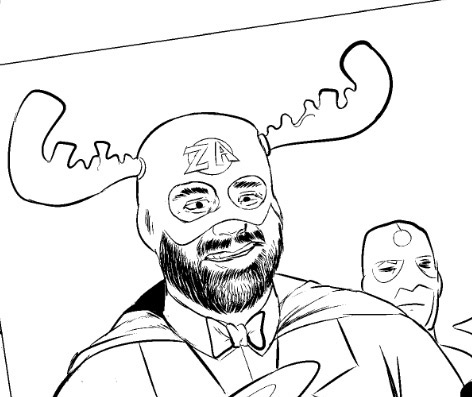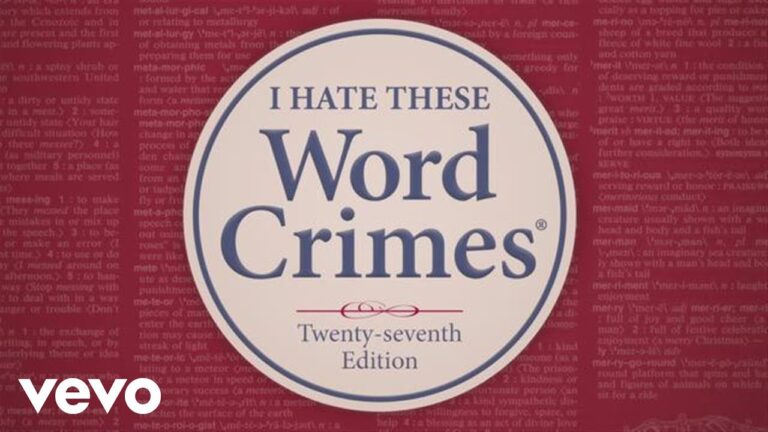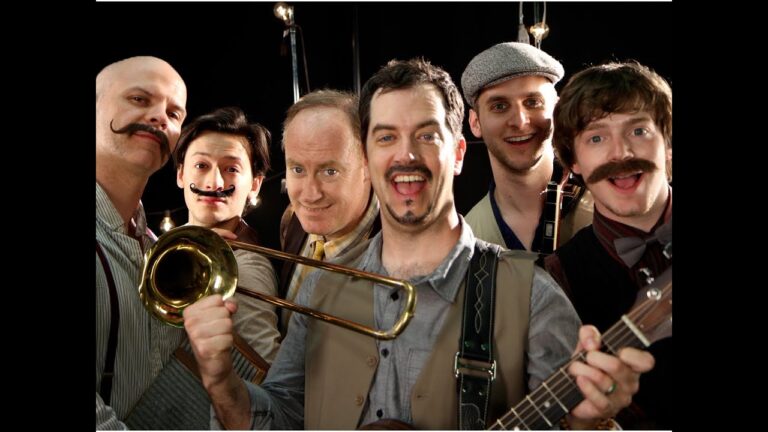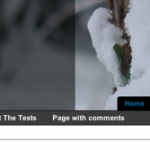Twenty-fifth in a series
wheesht
(whee·sht) Dialect, chiefly Scot. ~v.
1. a call for quiet or silence; used as an interjection Wheesht! to bring about or continue, the silence of others. ~esp. children (often in “Will ye wheesht, you pair! Ma heid’s loupin!“).
2. quiet, hushed [haud yer wheesht is to hold one’s tongue].
Your
15 Comments
Comments are closed.






[…] about to moan that the article contains a lot of stuff Paul fans already know, all I would say is wheesht: this was written for a mainstream audience and Paul hasn’t had a lot of exposure over in […]
I urge you to reconsider the label of ‘slang’. While English is spoken in Scotland, in a Scots tune, there is also another, intimately related language – Scots. The relationship, linguistically, is much like those between Danish and Norwegian, or French and Provencial. These words above are, for the most part, not slang, but proper words of the Scots tongue, with long attestation, sometimes going back hundreds of years, and appearing in the most illustrious Anglic literature of the Middle Ages. I get that this is supposed to be humorous, but it is disrespectful to label words as slang when they are not.
Totally agree, the only 2 words I can see on the list on the left that I’d class as slang are “fitba” and “eejit”, which are really just phonetic representations of the spoken word.
For the sake of integrity, I propose the extirpation of the offending component forthwith 🙂
Ahhh, but you all are missing a critical point: this is a reference for non-Scot-speaking folk. If they’re to adopt any of these words in their daily speech, it would qualify as “slang”, would it not?
*grin*
Perhaps a loan-word? 🙂
Hey Guys! Lighten up. It’s just a bit of fun. I suppose you know what dour means…?
Are you American, Peter McGhee? Sounds like it when you use phrases like ‘lighten up’!
No, adopting words from other cultures does not make them slang! That makes no sense. The words are what they are and mean what they mean regardless of who is using them.
How is it okay to use another cultures word because you claim to admire them, then disregard its significance to them?
Fail.
Scots is NOT slang.
http://www.scotslanguage.com/ or http://www.dsl.ac.uk/
This is about much, much more than a proposition that we lighten up – we get this nonsense endlessly as part of the Scottish cultural cringe. The slang description has been and is used to diminish our proud and ancient linguistic heritage to be considered little more than a dialect of English, spoken only by uneducated peasants. There is a reason for this – Americans might think of the native American analogy – once considered uncivilised barbarians by the colonialists. You may also wish to consider the past English perception of Irishness and of their culture and language. It keeps us in our place, our own people unaware of its history, beauty and meaning. So unfortunately, describing our language as slang is hugely insulting as well as being ignorant (uneducated in fact – oh the irony). No offence intended, and I do know your uninformed description wasn’t meant to be offensive to over a million Scots speakers.
My mum used to say wheesht to me as a lad, that and stop yer bletherin.
50 years or so later I now use wheesht on variously; my (english) wife, (welsh) dog and (welsh) sheep, from time to time.
It works 9 times out of 10,except on hungry pet lambs.
Perhaps its due to confusion and or trying to work out what it means.
Hungry lambs don’t get confused apparently.
As an American I speak American English which is composed of many foreign words and we don’t call them slang. I carry a flashlight in my pocket. I don’t call it a torch. I have a hood that covers the engine of my car and a trunk in the back. I don’t call them a bonnet or a boot. BUT! If I did, it would not be considered slang terms any more than patio, foyer, or for that matter, canny. On the east coast someone might say’ “Wow! That’s cock!” Someone on the west coast might say, “Wow! That’s far out !” or “Bitchen!” or “Out of sight!” or even “Cool!”. Other old slang terms would be a sawbuck ($10)or 2 bits (a quarter). When I was in the Navy, two of my favorite slang terms were, foreskins on toast ( chipped beef and gravy on toast) and shit on a shingle (ground beef and gravy on toast). I use several Scots words and I don’t consider them slang. Scots is Scots, French is French, German is German, etc. So I agree. This shouldn’t be called Scottish slang. But then, It’s your website.
slang
/slaŋ/
noun
1.
a type of language consisting of words and phrases that are regarded as very informal, are more common in speech than writing, and are typically restricted to a particular context or group of people.
away and beil your can w.m paterson
My grandmother (grannie) used to use some Scots words like “skelp”. She often threateno t”skelp my bum”, but never did and never would.
Just used the word In the eviroment when the word wheest would 1st be used would be windy grass crops blowing waves on the shores making all or some of the above background sounds shh is less efective request than wheest to listen above the background noises to the. Native wheest .
The word Weesht is actually a derivative of the Gaelic ‘èist’ which actually means To Listen.
So ‘ Huad yer weesht’ takes on the meaning ‘ Keep silent and listen.
Hope this helps.